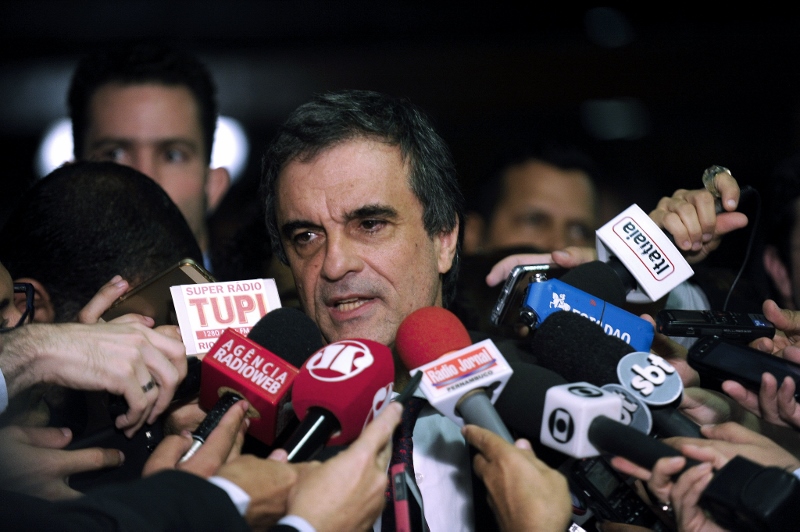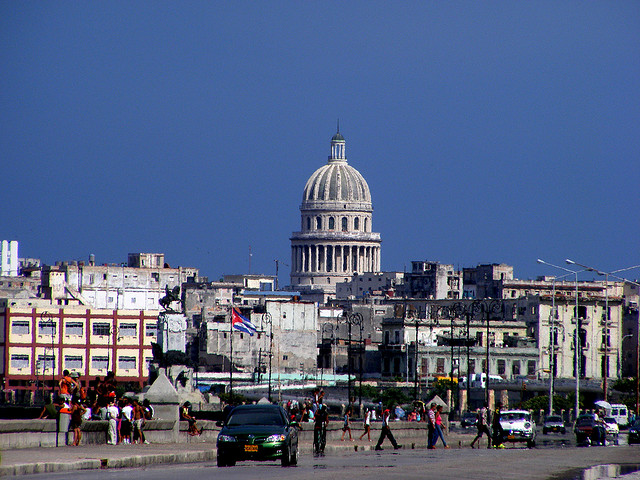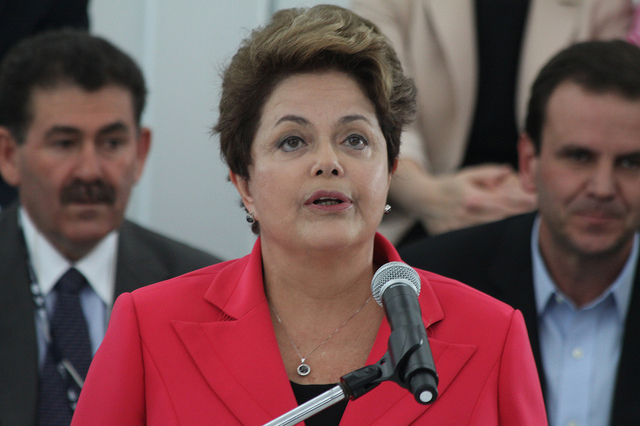
Brazil, Latin America: Week in Review, Southern Cone
Brazilian Congress Rejects Controversial Bill Regarding Age of Criminal Responsibility
July 2, 2015 By Staff
Top Story — Brazil’s Lower Congressional House voted against a controversial constitutional amendment that would have lowered the age of criminal responsibility from 18 to 16. The proposed bill, which polarized Brazil and led to a series of protests throughout the country, came only five votes short of passing in the early hours of Wednesday.
The now-rejected amendment sought to change the legal definition of those between the ages of 16 and 18 from minors to adults if they were being charged with heinous crimes such as premeditated murder. The Brazilian constitution currently places a cap of three years on sentences for minors, to be served at a rehabilitation facility with the ultimate goal of re-socialization.
Proponents of the amendment argued that such an age reduction would act as a deterrent to violent crime; opponents countered that the overcrowded, brutal adult prisons in the country were “veritable crime schools,” in the words of Justice Minister Eduardo Cardozo, and no place for teenagers. The amendment required 308 votes before it could be sent to the Senate for review, and received 303.
The discussion surrounding the proposed bill mobilized the country in June. Protesters gathered on Tuesday in the Monumental Axis — the main thoroughfare of the capital city, Brasília — with some having camped out overnight, ahead of the vote. Inside the halls of the National Congress, protesters attempted to block legislators’ access to the Chamber of Deputies. Chants of “Fascists Will Not Pass Through” gave way to a brief push-and-shove, during which one congressman was thrust to the ground (link in Portuguese, with video of the incident).
President Dilma Rousseff did not endorse the proposed amendment prior to the vote in the Lower House of Congress. Speaking Wednesday on a visit to Google’s headquarters in Silicon Valley during a diplomatic visit to the United States, Rousseff said that the bill’s failure to pass was noteworthy, as a reduction in the age of criminal responsibility would not resolve significant social issues, but rather create new ones.
Headlines from the Western Hemisphere
North America
- Judge Olga Sánchez urged Mexico’s states to respect a June 19 Supreme Court ruling that legalized gay marriage in the country, and to overturn the local laws that still ban same-sex unions in all but two states.
Caribbean
- Puerto Rico’s cash-strapped public Electric Power Authority was forced to sell more bonds on Wednesday in order to avoid defaulting on a $415 million debt payment, adding to a debt burden the island’s governor has already called “unpayable.”
- Cuba and the United States agreed to reopen embassies in each others’ capitals, and full diplomatic relations will be restored on July 20 for the first time in over 50 years.
Central America
- Officials in Costa Rica are concerned with a potential increase in school dropout rates as over 50,000 students have been forced out of their classrooms due to the effects of severe flooding.
- Ten people have been convicted in a unique Medicare fraud case where Americans living in Nicaragua used fake Miami addresses to secure healthcare coverage while living abroad.
Andes
- Venezuela and the United States are making an effort to ease relations, a major change since Hugo Chávez took office more than 15 years ago, in part due to the Obama administration’s rapprochement with Cuba, a senior U.S. official told Reuters.
- Following a series of attacks on oil infrastructure, Colombia’s FARC plans to step up its attacks on military installations, a spokesman for the rebel group said on Wednesday.
Southern Cone
- The former Argentine economy minister responsible for navigating the country out of its 2001 debt crisis has recommended that the beleaguered Greek government renegotiate its own debt obligations, after Greece defaulted on a $1.8 billion payment to the IMF on Tuesday.
- President Dilma Rousseff’s visit to the United States ended with a trip to Silicon Valley, where Google announced it will expand its presence in Brazil later this year.





